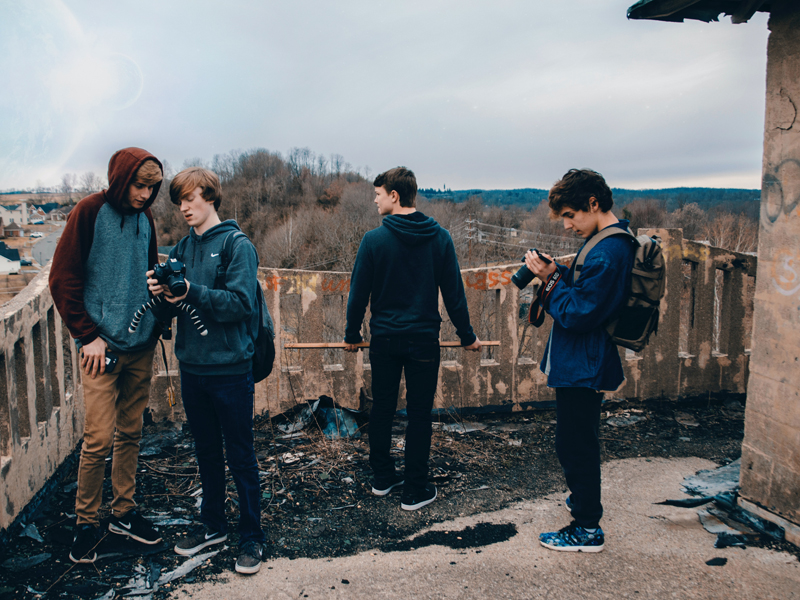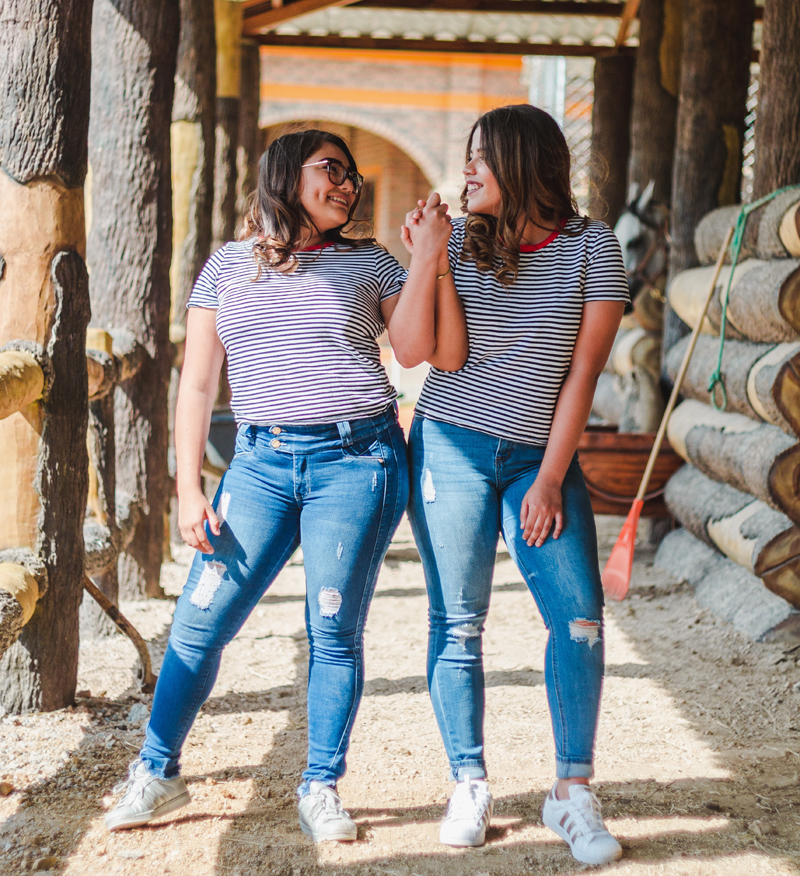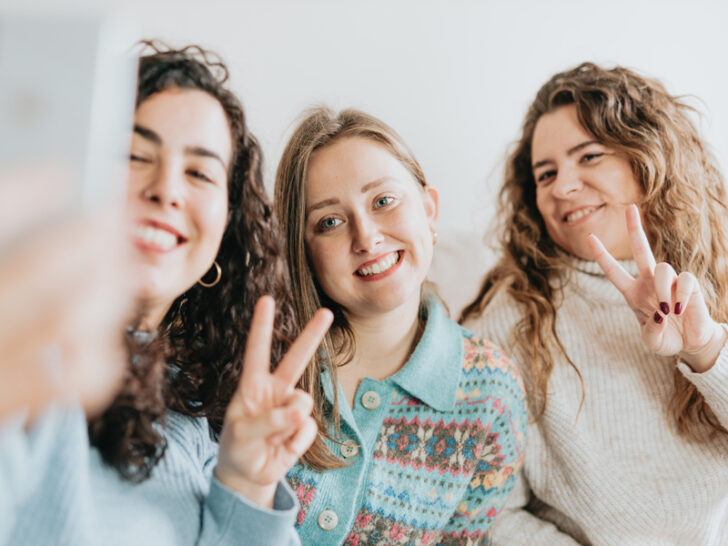Friendships and connections are the strong scaffold of a happy (and healthy!) life. However, being a good friend isn’t always easy – it’s a skill that our teens need to learn and practise.
As we know, kids aren’t necessarily ‘natural’ at being a good friend. In fact, it can be a very rough road indeed. I’m constantly amazed at how rocky some of my kids’ friendships have been, but every friendship – no matter how short-lived – has taught them something valuable about getting along with others.
Fortunately, it’s not just a case of throwing them to the wolves. There is plenty we can do to help our kids learn to be a good friend. It starts with ourselves… of course it does.
Lead by example
The best way to teach teens how to be a good friend is to model good friendship behaviours ourselves. Show them what it means to be a loyal, supportive, and empathetic friend. If you’re having problems with a friend, bring your kids in and tell them about it. Ask them for advice on solving your issues.
I’ve been very surprised by the insights my teens have offered when I have taken this approach. It’s also been interesting when I say to them, “That’s so insightful, have you taken that approach with your own friends?” Of course, they generally haven’t. So many things get in the way of teens carrying through on their own own good judgment: confidence, peer expectations and not wanting to be ’embarrassed’ are just some of them.
At least when I ask them for advice I know they know what they should do, even if it’s sometimes a bit hard to follow their own good advice at this stage in their life.
Encourage empathy and kindness
The ol’ “walk a mile in another person’s shoes” is such a big part of being a good friend. Encourage your teens to always try to understand their friends’ perspective. So instead of the conversation being a rant about their friends being bitchy or careless, it can be about “why do you think X is acting like that?” and “do you think you would react differently?”
You can also talk your child through the importance of just hearing their friends out, rather than judging or solving. Really, like so much in life, it’s about being as kind as you can.

Remind them that everything passes
Teens have a tendency to be a bit ‘all or nothing’. When things get rocky, they are prone to fixate on one thing that a friend has done and dismiss everything else. So try to pull their focus back to the overall friendship, rather than something their mate is doing right now.
“X is always doing Y” is a familiar refrain, but the fact is, “X is not always doing Y. In fact, just last week X did Z and you completely loved it.” Pulling perspective back to the overall friendship is key for keeping friends strong over a long period of time.
Encourage healthy boundaries
Being a good friend doesn’t mean sacrificing our own needs or wellbeing. Help your teen understand value in setting healthy boundaries in their friendships. This means saying no when they need to, and respecting their friend’s boundaries as well.
Many teens will find this a really hard part of relationships – they lack the confidence to stand up for themselves. Help them practise boundary setting at home with small things, so they’re more equipped to tackle bigger issues with their friends.
Teach conflict resolution
Conflict is scary for many teens, but they need to understand that it’s inevitable in any relationship. Disagreements are just part of being together over time.
Teach them some healthy ways to resolve conflict, like taking a break to cool down when things get heated; using “I” statements to express feelings; avoiding big phrases like “always” and “never”; and understanding that compromise is often necessary to reach an agreement.

Encourage forgiveness
Learning to forgive is a natural extension of conflict resolution. Holding onto grudges and resentment can damage even the strongest friendship and it can also eat away at our general happiness.
Grudges simply turn disagreements into zombies that should be dead already.
It can be very hard for teens to practice forgiveness, especially if they perceive their friend doesn’t “deserve it”, but that’s exactly why it matters so much. There’s a really great article on developing forgiveness here.
Strengthen independence
Friends are simply wonderful, but they are not everything. Good friends should support and encourage each other, but they should also respect each other’s independence.
Encourage your teen to pursue their own interests and passions, and to support their friends in doing the same.
To help with this, it can be really helpful for your teen to expand their friendships beyond their school group. This can be through making friends through sport, interest groups or even at work.
Emphasise loyalty
Loyalty is a key part of any strong friendship, but it can be really hard for teens to remain loyal in the face of peer pressure. Remind them how critical it is to stand by their friends through thick and thin, and to be there when they need them most.
If a slip-up happens (and it will happen – the playground is brutal), they need to own it. They need to apologise to their friend and explain why they weren’t there for them and what they will do differently next time. In fact, learning to apologise and move forward is one of they keystones of long-lasting friendships.

Teach the importance of respect
Learning to develop strong relationships without disappearing into them is a critical part of growing up.
Teach your teen to respect their friends’ feelings, opinions, and boundaries, and to treat them with kindness and consideration.
It goes two ways, of course. Your teen needs to be equally respectful of their own feelings, opinions and boundaries.
Encourage self-reflection
To be a good friend, we need to capacity to reflect on our own behaviors and actions, and to consider what we need to improve. A good way to showcase this is to push back when our teens are ‘bitching’ about a friend. Ask them whether they’ve ever done the same thing themselves.
Chances are the truthful answer is ‘yes’, even if our teens won’t openly admit it.
Feature image by Ave Calvar via Unsplash+; boys together by asaf rovny; girl power by Felipe Bustillo; sunset by Helena Lopes

